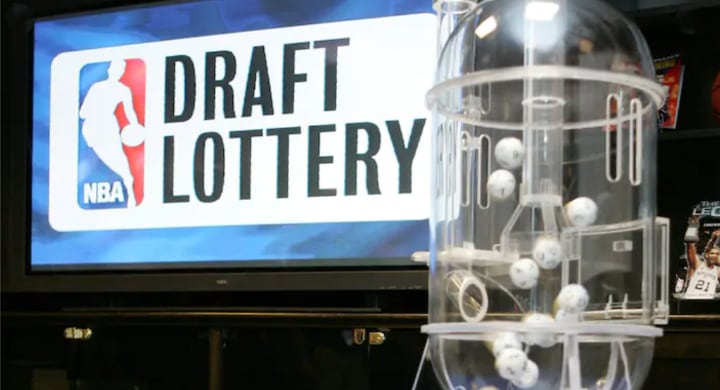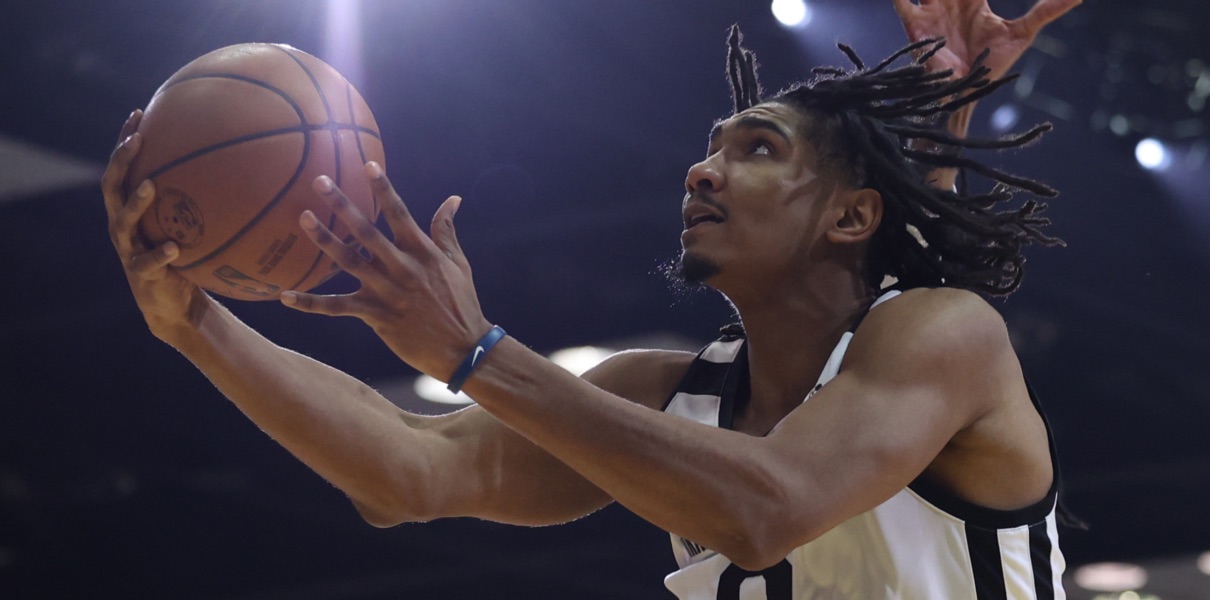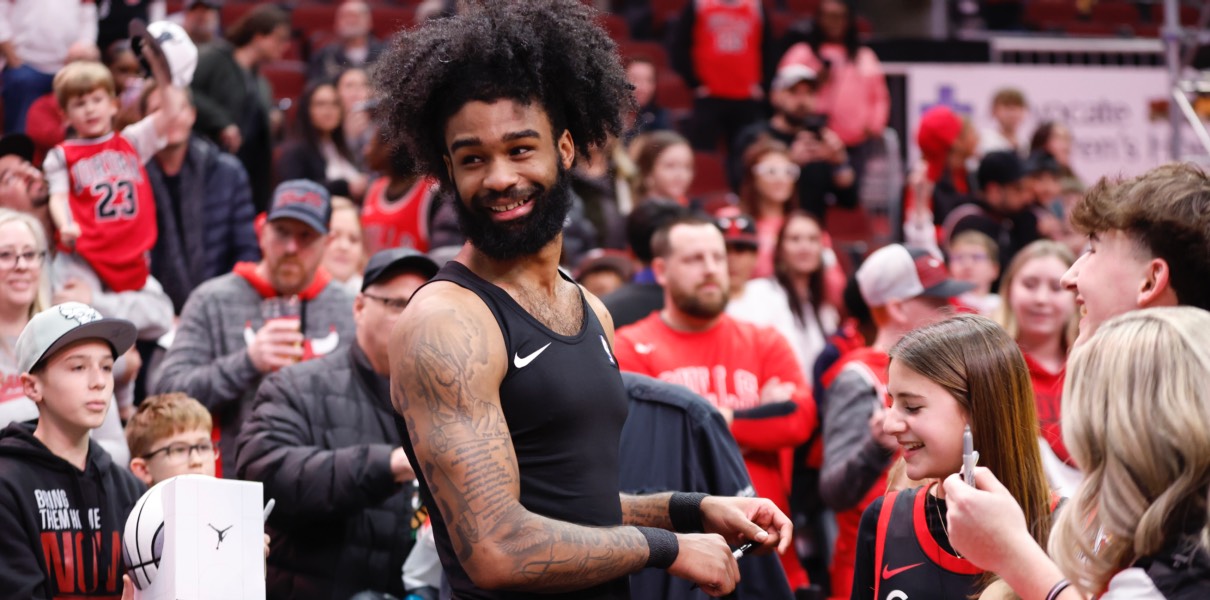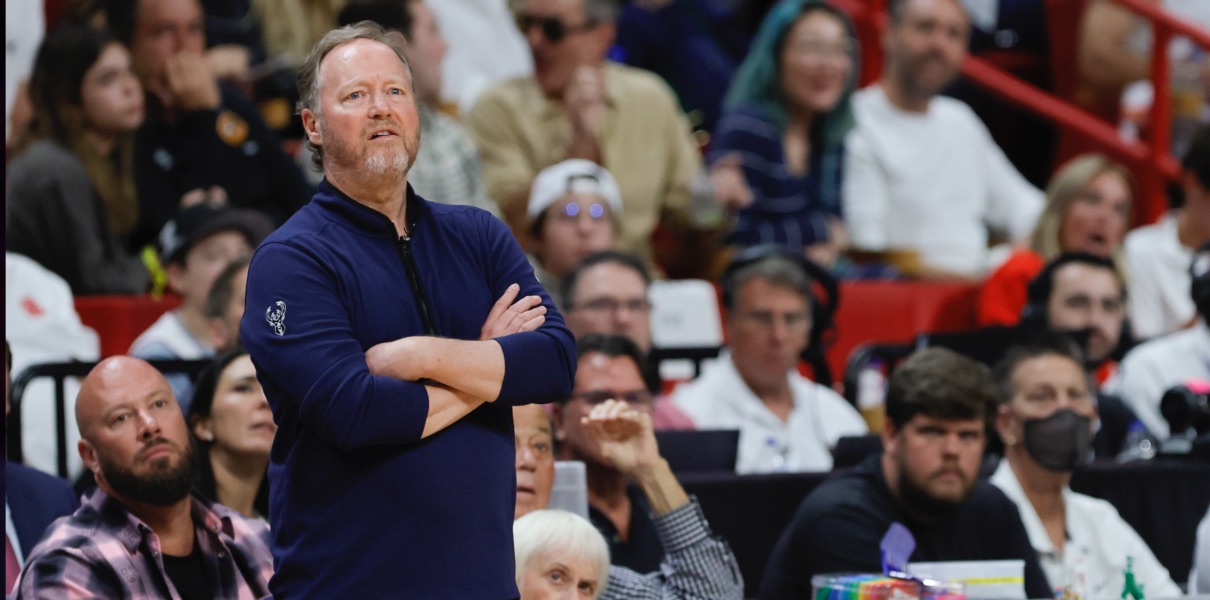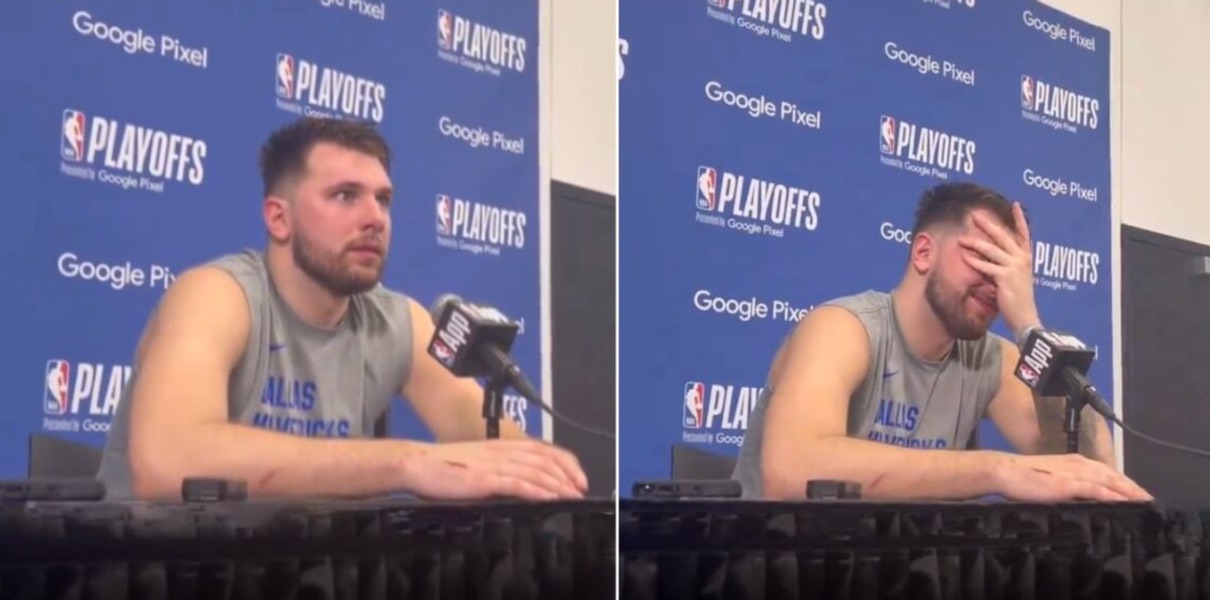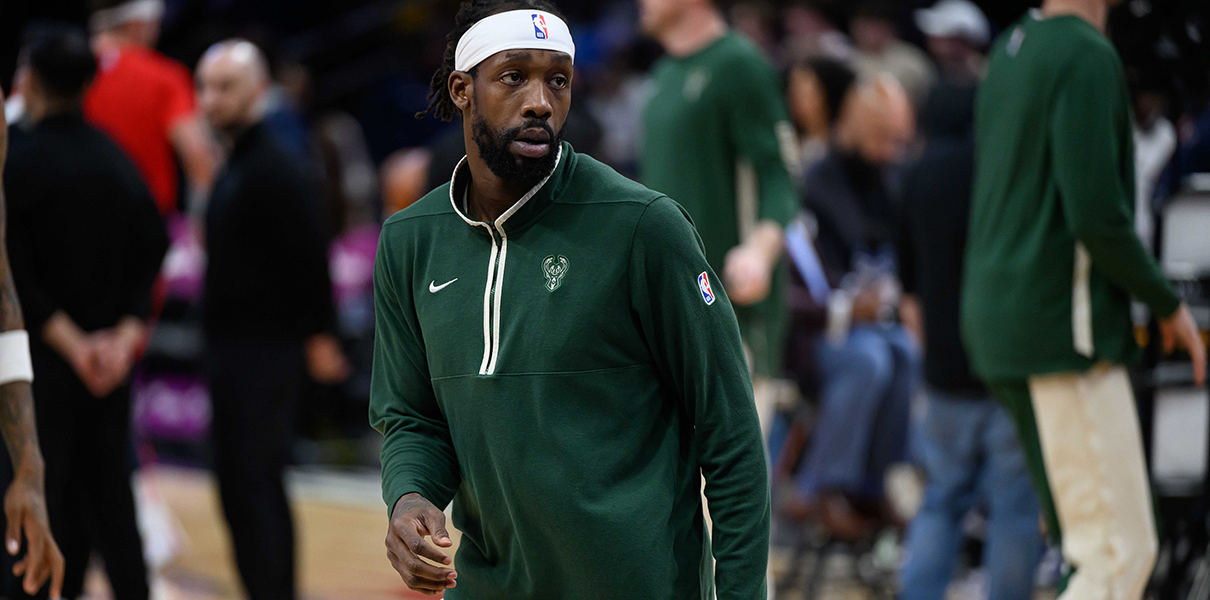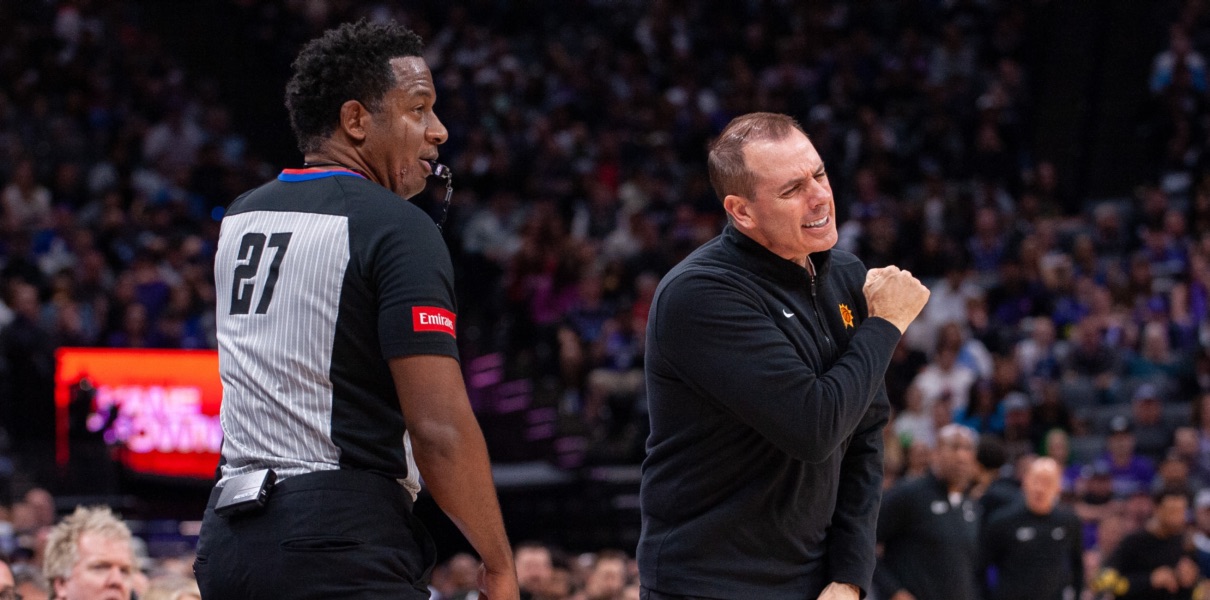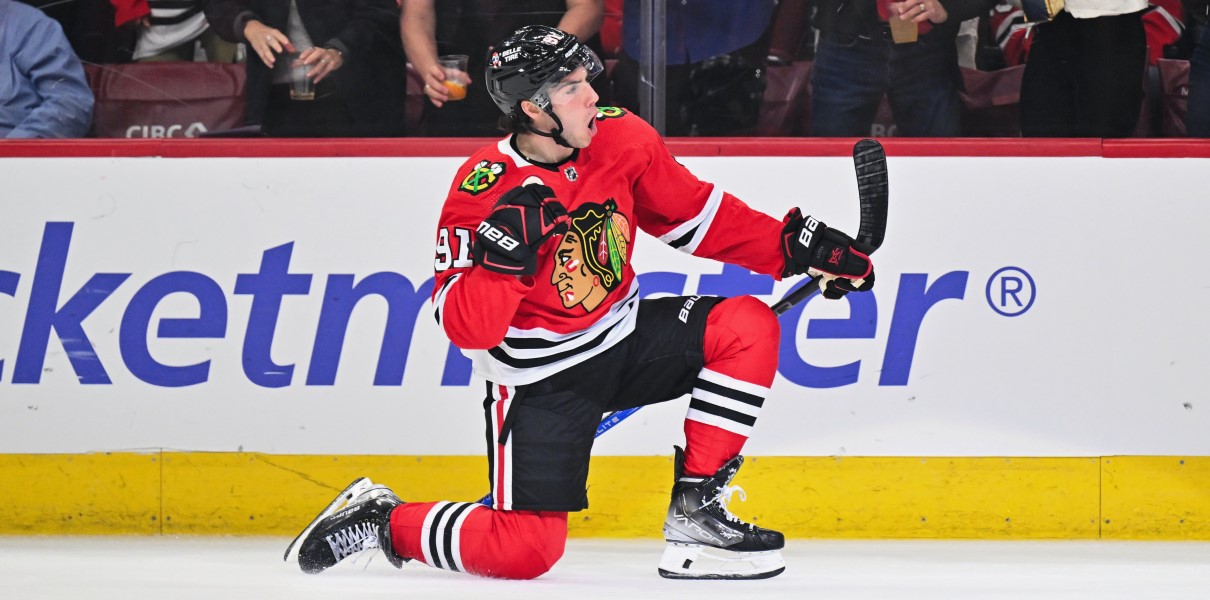A blindfolded grandma in rollerskates could be holding a basketball … and Alex Caruso would still go for the steal.
As long as the clock is running, the Chicago Bulls can expect their 28-year-old guard to play his hardest. It’s this exact quality – mixed with a natural gift on the defensive end – that has made Caruso one of the more well-respected and valuable role players in the NBA.
Indeed, we need to look no further than the effect Caruso’s departure had on his former team. The Los Angeles Lakers opted to trade for Russell Westbrook two offseasons ago, limiting their ability to hand Caruso the kind of contract he earned. The team then proceeded to watch their defense plummet from the league’s No. 1 unit in 2020-21 to a bottom 10 spot in 2021-22. Of course, the exit of other supporting cast members in the organization’s blockbuster trade also played a role in the Lakers’ drastic drop, but none of those players possessed a higher defensive box plus-minus than Caruso.
What the Bulls need to do now is not make the same mistake. While they have already made it clear that they treasure what Caruso brings to the floor, it’s arguably time they recognize that they need to lean on him even more.
Despite a 9-14 start to the regular season, the advanced stats have the hots for Caruso. Cleaning the Glass currently lists Caruso’s on/off efficiency differential as +14.2. In other words, the Bulls are nearly 14 points better than their opponent over 100 possessions whenever Caruso is on the court. This puts the man in the 94th percentile of players, which only further illustrates how elite he is at filling his role.
To no surprise, Caruso is making this significant difference because of mainly what he’s able to do on the defensive end of the floor. Dunks & Threes currently lists Caruso’s defensive EPM (estimated plus-minus) at +2.7, which happens to reside in the 99th percentile of NBA talent. This season he’s used his point-of-attack prowess and stellar on-ball aggression to hold players like Jayson Tatum to 27 percent shooting, Shai Gilgeous-Alexander to 30 percent shooting, and CJ McCollum to 36 percent shooting (per NBA Stats’ Matchup Data).
Meanwhile, if he isn’t directly shutting down one of the league’s best offensive players, he’s flying around the court to jump passing lanes and force turnovers. Caruso leads the NBA right now in total deflections, and his 2.6 percent steal percentage is the 5th-highest in the NBA, per Basketball Reference. And this is where he also happens to have an extremely important impact on the opposite side of the ball.
Caruso’s ability to single-handedly generate stops allows the Bulls to do what they do best – get out in transition. Whether it be Zach LaVine finishing strong at the rim, Javonte Green soaring for the lob, or Coby White and Ayo Dosunmu speeding by defenders, the Bulls continue to be one of the NBA’s most efficient transition teams. Without Caruso, it’s hard to imagine this team is averaging the third-most points off turnovers this season and the 12th-most fastbreak points.
Now, none of this is to say that Caruso doesn’t come with his flaws. We’re still talking about a player that most recently laid a 0-point egg as a member of the starting lineup against the Sacramento Kings. He has yet to ever average double figures over a full season in his career, and the fact he’s shooting just 40.4 percent from the field this season certainly isn’t helping the Bulls. But we also can’t argue with the results.
Pretty much everything tells us that the Chicago Bulls are better when Caruso is on the floor. And this shouldn’t be news. The Bulls won 11 of Caruso’s 18 starts last season, and they did so by an average of 9 points per game (this included the two biggest wins of the year against the Raptors and Cavs in March, who the Bulls had to beat to secure a top-6 seed).
Jump to this year, and the team’s best lineup (that has played at least 80 possessions together) features Caruso at point guard alongside Zach LaVine, DeMar DeRozan, Patrick Williams, and Nikola Vucevic (+5.0). The second-best lineup is the same but with Ayo Dosunmu featured instead of Patrick Williams (+9.4).
All of this is why head coach Billy Donovan ultimately turned to Caruso in the starting lineup two games ago. And it’s also why I don’t expect that decision to be reversed any time soon. If anything, there is a strong case to be made for Caruso to see his 25.2 minutes per game ramped up toward the 30 range. Sure, that might inherently make some of these eye-popping stats dip, but it’s hard to imagine the product being any worse.




